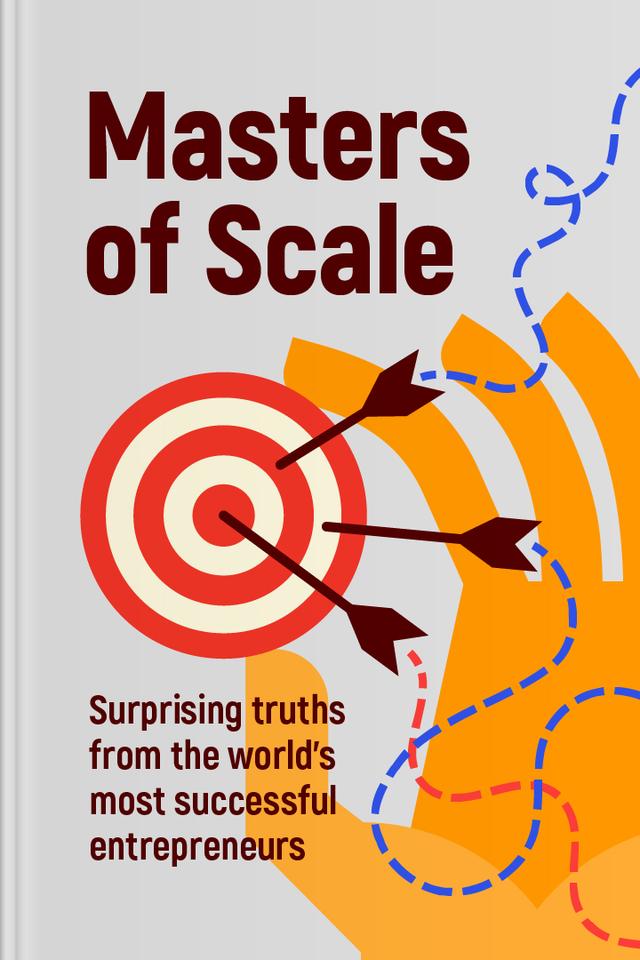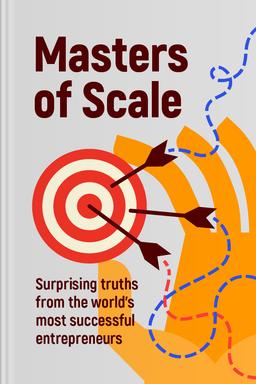You’ll learn
- The meaning of “scale”
- To value the final “yes”
- Why mindset is better than skills
- How to benefit from your mistakes
Protect the world’s peace. Donate to support Ukraine

first KEY POINT
Old business thinking is barely reliable in these uncertain times. The problem is many beginners don't know when yesterday's genius strategy becomes old. Navigating your business to success is often perilous, unpredictable, and complex. However, one belief stays strong — every individual can develop a business idea that will eventually lift off as long as they know how to scale.Great business leaders come from different places, be it tiny communities or big cities (and everywhere in between). However, they all share winning techniques, embarrassing gaffes, and sad loss moments. Reid Hoffman knows all three very well.
As an entrepreneur and an investor, Hoffman understands what it takes to scale a business, and he has collected the most practical advice to help you in your next business venture.In this summary, you will see how one leader's insights link to another's ideas, helping you find counsel and analysis. So, seize the opportunity to unravel the secrets of growing a small, thriving business into a global power by following this piece to the end. Let's begin!
second KEY POINT
The first rule of entrepreneurship and investing is that the most innovative ideas are always counter-intuitive; they go so far against the popular belief that they appear hazardous and absurd. These types of concepts hear a lot of “no.” Thus, when pitching an unconventional idea that disrupts established norms and envisions improved methodologies, brace yourself for numerous rejections and accept them as learning opportunities. The increasing chorus of “no” should be your cue that you might be on the right track.When you're still young and green in your job, it's difficult not to have doubts when constantly receiving rejections from the most successful investors in Silicon Valley. However, you must trust your instincts.Why should one “yes” outweigh many “no’s” from a group of investors? It's simply because specific rejections are more important than others; significant knockbacks can prompt you to refine your idea, while doubtful ones may cause you to reassess the opportunity's worth. These are the rebuffs you must learn from.Then there are the dismissive rejections, which you should instantly disregard and sidestep. No matter how astute or adept, every investor has an anti-portfolio — a list of companies that prospered without their backing. When these investors should have said “yes,” they chose “no” and later lamented their choice.

Continue reading with Headway app
Continue readingfirst KEY POINT
second KEY POINT
third KEY POINT
fourth KEY POINT
fifth KEY POINT
sixth KEY POINT